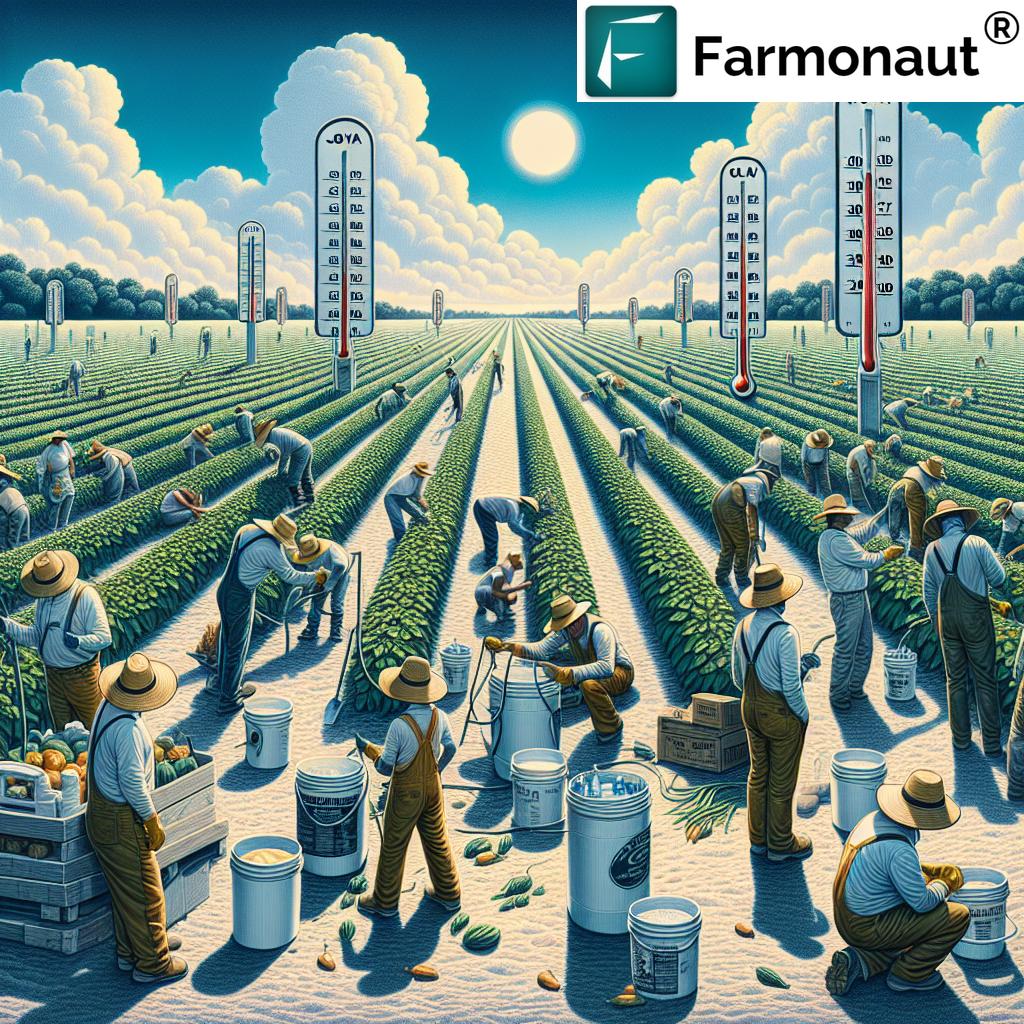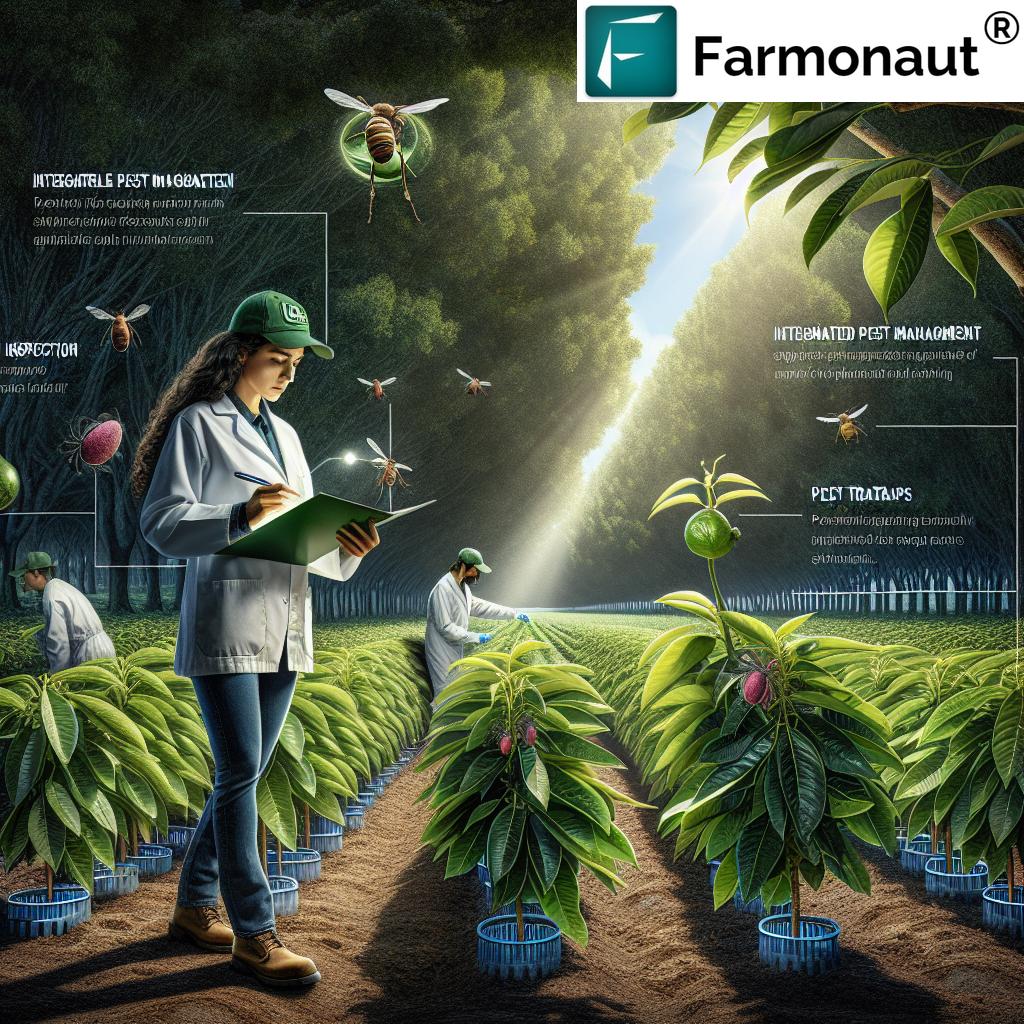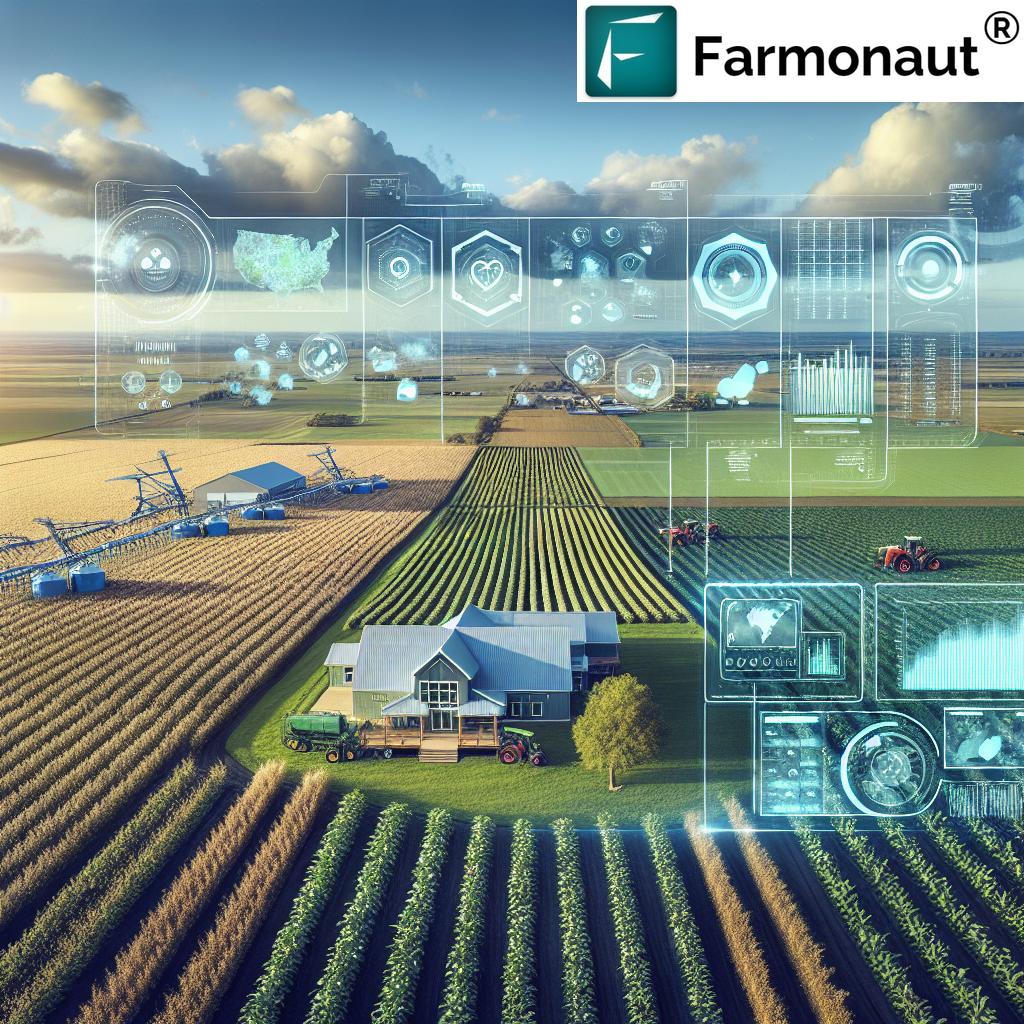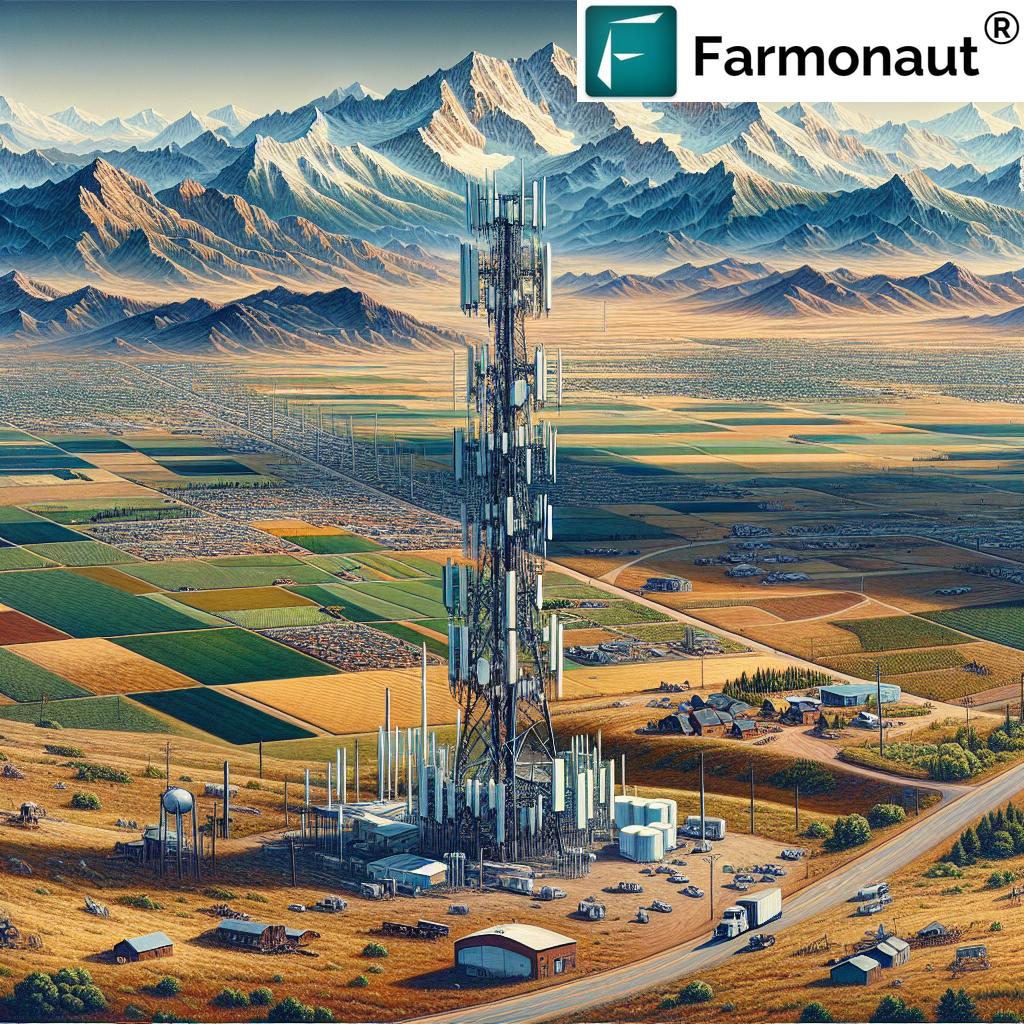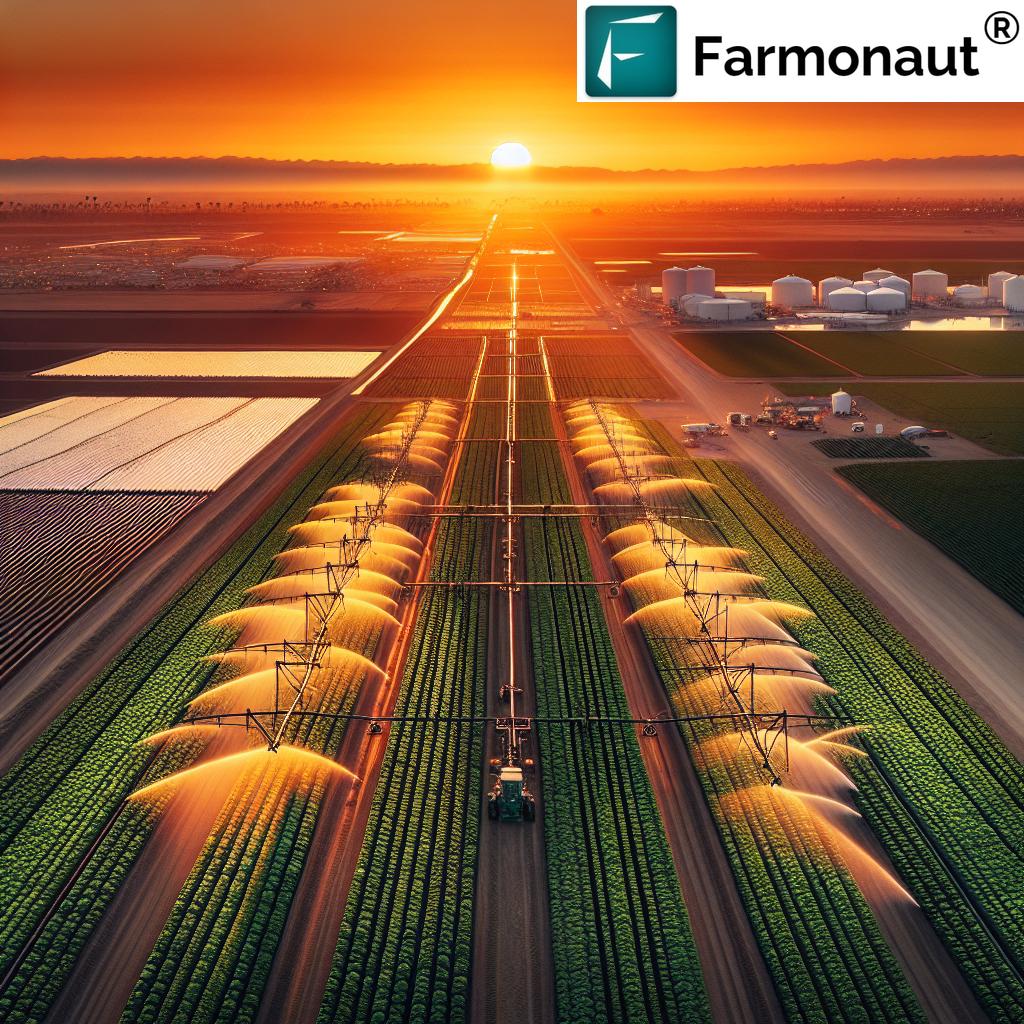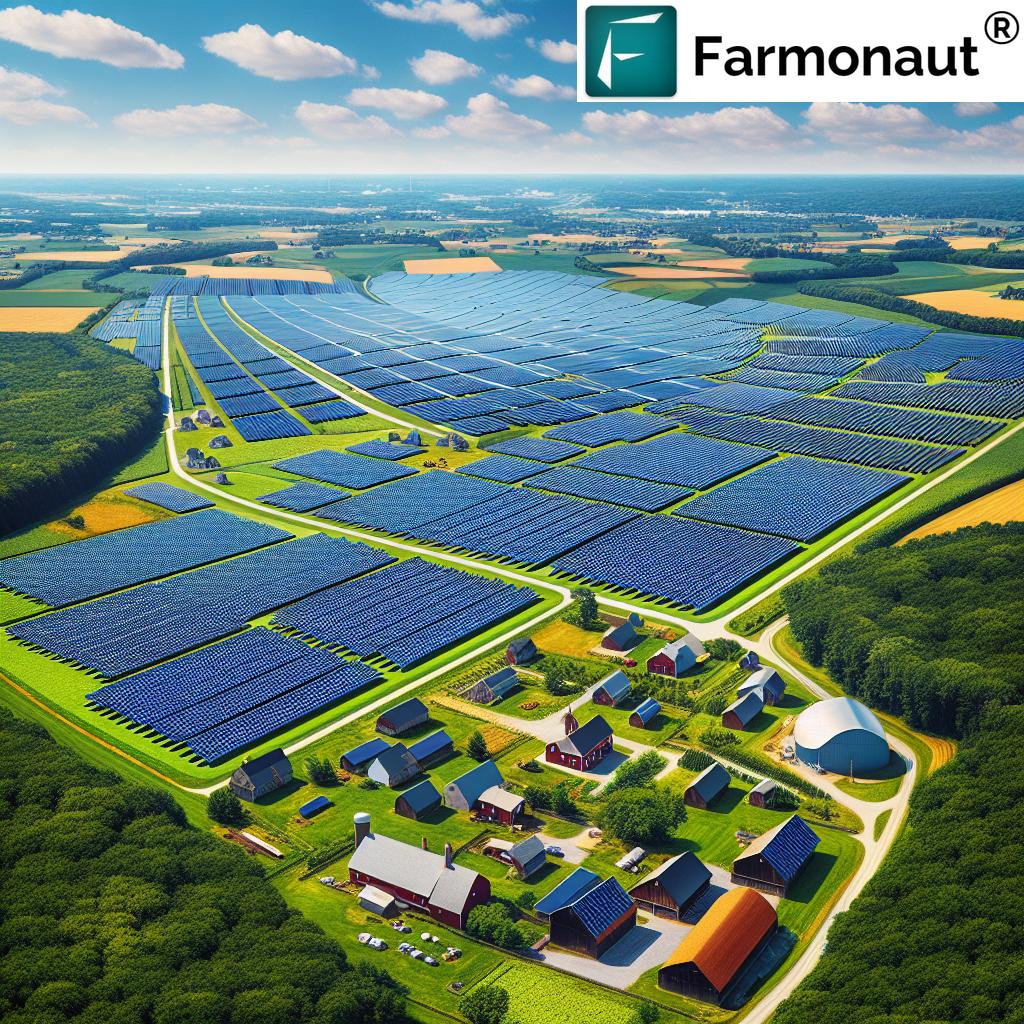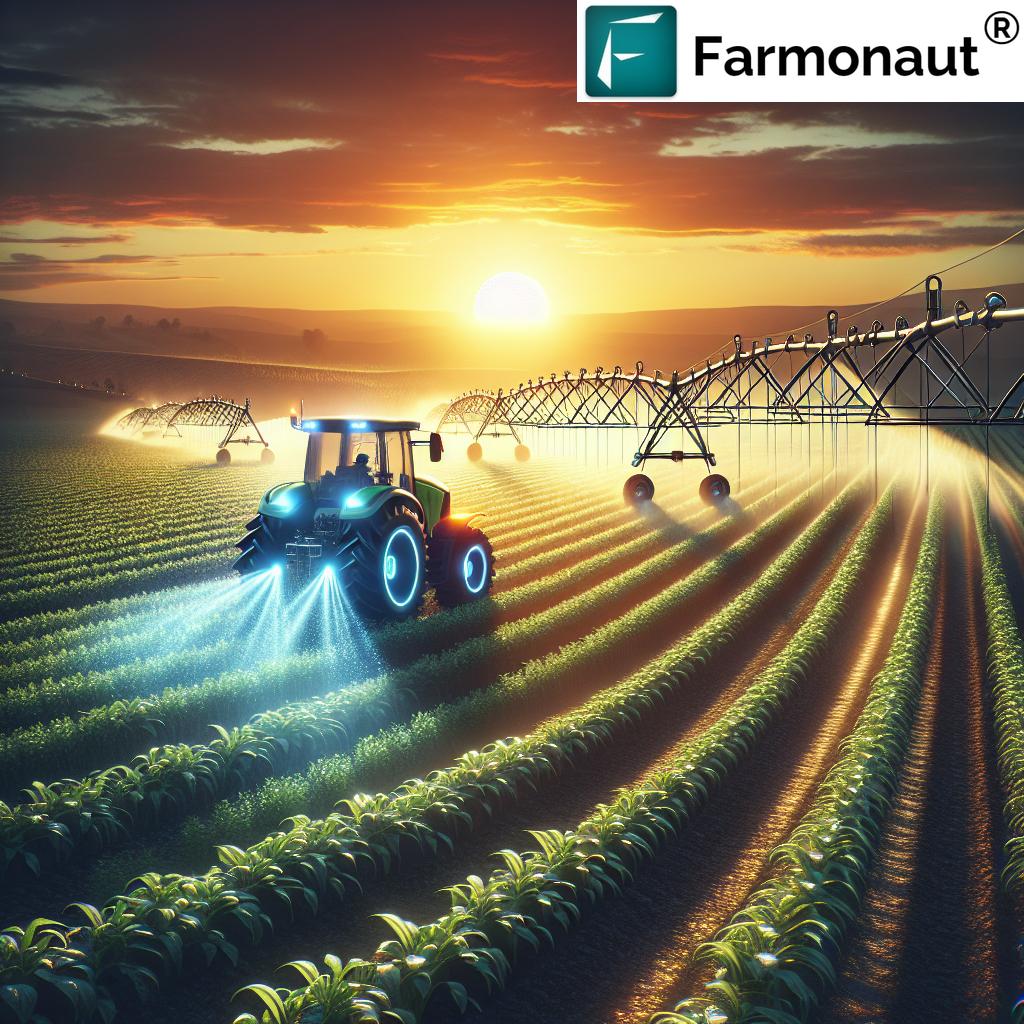Las Vegas Agriculture: Jobs & Farmers Markets 2025
Meta Description: Las Vegas agriculture thrives amidst the desert with innovation, sustainable practices, diverse agriculture jobs in 2025, and vibrant local farmers markets.
Summary: Agriculture in Las Vegas – A Thriving Sector Amidst the Desert Landscape
Las Vegas, a city renowned globally for its entertainment and tourism sector, may not be the first place most people think of when it comes to agriculture. However, thanks to a unique blend of sustainability, innovation, and community engagement, agriculture in Las Vegas is flourishing. By overcoming environmental challenges, adopting advanced water-saving techniques, and fostering vibrant farmers markets, the region has carved out a distinct agricultural identity within Southern Nevada. As of 2025, Las Vegas agriculture is a thriving, forward-thinking sector – a testament to resilience, technology, and the creative spirit of local farmers.
“Las Vegas farmers markets are projected to increase by 30% in 2025, supporting over 2,000 local agricultural jobs.”
Agriculture in Las Vegas: Overcoming Environmental Challenges
Las Vegas is situated in the Mojave Desert, a region characterized by arid conditions, limited water resources, and extreme temperatures. These environmental factors present significant challenges for traditional agriculture. Yet, rather than see these obstacles as insurmountable, local farmers and the broader agriculture sector have made them drivers for creative problem-solving and transformation.
- Limited water resources necessitate efficient irrigation systems and crop selection.
- Extreme temperatures demand the use of adaptive crop varieties and climate controls.
- Soil quality often requires enrichment through innovative fertilization and soil conservation practices.
Over the years, agriculture in Las Vegas has grown steadily, leveraging modern technology, sustainable methods, and resilient crop varieties to enhance productivity without exhausting local resources. The result: a unique niche within the region’s otherwise arid environment, with flourishing urban farms, greenhouses, and hydroponic operations producing fresh, local food.
Las Vegas Agriculture Snapshot 2025: Jobs, Water Usage, and Farmers Markets
The following table offers a clear, comparative view of how innovative practices and sustainability efforts are shaping the local agricultural sector in 2025:
| Agricultural Sector | Estimated Number of Jobs (2025) | Water Usage per Acre (gallons/year) | Primary Sustainable Technique Used | Number of Farmers Markets Served |
|---|---|---|---|---|
| Greenhouse Vegetables | 800 | 50,000 | Drip Irrigation, Climate Control | 12 |
| Hydroponic Fruits | 350 | 30,000 | Recirculating Hydro Systems | 8 |
| Organic Herbs | 420 | 35,000 | Drought-resistant Crops, Raised Beds | 10 |
| Urban Community Farms | 550 | 32,000 | Vertical Farming, Shared Resource Management | 7 |
Innovative Techniques Transforming Las Vegas Agriculture
The survival and growth of agriculture in Las Vegas is rooted in innovation and the willingness of local producers to embrace change. In 2025, desert farming is a canvas for state-of-the-art techniques that maximize yields and minimize resource consumption.
Water-Efficient Farming Methods
- Drip Irrigation: Delivers water directly to plant roots, reducing evaporation and waste.
- Hydroponics: Grows crops in nutrient-rich water with no soil, recycling water within enclosed systems.
- Drought-Resistant Varieties: Focus on fast-growing, hardy crops like herbs, lettuce, tomatoes, peppers, and microgreens.
These techniques empower Las Vegas farmers to produce enough food for local markets while conserving precious water resources – a crucial priority in an area characterized by water scarcity.
Controlled Environments: Greenhouses and Vertical Farms
To beat the extreme temperatures and unpredictable climate of the Mojave, many
Las Vegas agriculture operations have moved into greenhouses and vertical farms. These controlled spaces:
- Shield crops from harsh weather and pests, ensuring year-round yields.
- Enable precise control over humidity, temperature, and light.
- Support the shift towards urban farming and scalable food systems.
The move towards high-tech, vertical, and urban farming operations is helping transform Las Vegas into a hub for innovative agricultural technology, blending traditional knowledge with new efficiencies.
Explore cutting-edge agri-business ideas for 2025 that are relevant for innovative desert agriculture!
Local Crop Focus in 2025
In 2025, Las Vegas agriculture focuses on growing crops best suited to local environmental challenges:
- Leafy Greens: Lettuce, arugula, spinach – high-value, fast-growing, low-water requirements.
- Herbs: Basil, mint, cilantro, and similar herbs thrive in controlled desert environments.
- Vegetables: Tomatoes, peppers, cucumbers, and microgreens are cornerstones of urban food production.
By prioritizing these high-value, low-water crops, the community can increase yields, support local consumption, and further sustainability goals.
Learn about regenerative agriculture solutions and climate-smart strategies that are transforming farming in Southern Nevada and beyond in 2025.
The Role of Technology: How Data and Precision Shape Las Vegas Agriculture
Technology is the backbone of sustainable Las Vegas agriculture in 2025. With water scarcity and climate variability as constant threats, digital advancements offer powerful ways to optimize farm management, minimize resource usage, and maximize yields.
Key Technologies in Use
-
Soil Moisture Sensors:
Devices installed in fields or root zones that monitor soil moisture levels around the clock. Farmers adjust irrigation schedules based on real-time data, ensuring plants get exactly the water they need – not more, not less.
-
Satellite Imagery & Analytics:
High-resolution images reveal crop health patterns, pest outbreaks, and nutrient deficiencies. Data-driven insights support proactive interventions, boosting crop health and reducing waste.
-
Climate & Weather Data Integration:
Advanced weather tracking enables local growers to adjust their planting and harvesting times, select optimal crop varieties, and plan for rising temperatures or drought conditions.
Discover how precision technology and AI are boosting sustainability and productivity in modern agriculture.
Resource Management for Environmental and Economic Benefits
Las Vegas agriculture relies on a suite of resource management practices:
- Crop rotation and soil enrichment improve long-term yields and resilience.
- Precise fertilizer and pesticide application reduces runoff and environmental impact.
- Carbon tracking and sustainability monitoring help agricultural businesses measure and continuously improve their ecological footprint.
For those looking to deepen resource management, advanced tools such as fleet management solutions are invaluable to coordinate equipment use, optimize fuel consumption, and enhance safety across agricultural operations in Southern Nevada and beyond.
Farmonaut’s satellite-powered crop health monitoring systems are revolutionizing precision agriculture and farm management accessibility.
Agriculture Jobs in Las Vegas: Careers, Training & Growth Opportunities
As agriculture in Las Vegas evolves, so does the tagged demand for diverse agriculture jobs. The expanding sector isn’t just about planting and harvesting – job opportunities now span a broad spectrum:
- Traditional Farm Labor: Planting, tending, and harvesting crops in vertical farms, greenhouses, and community gardens.
- Agricultural Technology: Operating soil moisture sensors, analyzing satellite data, and managing precision agriculture platforms.
- Sustainability and Resource Consulting: Advising on carbon footprint reduction, water management, and regulatory compliance.
- Farmers Markets Management: Organizing, promoting, and overseeing vibrant weekly markets across the Las Vegas area.
- Community-Supported Agriculture (CSA): Coordinating farm-to-table operations, connecting local consumers with fresh, sustainable produce.
- Agri-Tourism Roles: Leading educational tours, workshops, and hands-on “pick your own” events at urban farms and sustainable operations.
With Las Vegas farmers markets expected to surge by 30% in 2025, the number of agriculture jobs in Las Vegas is set for robust growth, fostering a vibrant food sector that supports local economies and community well-being.
Educational institutions across southern Nevada are launching specialized training programs:
- Sustainable agriculture and agribusiness management certificates
- Courses in vertical farming, hydroponics, and controlled environment systems
- Workshops in technology integration and food systems innovation
Such programs not only create more career opportunities but ensure the next generation is equipped to lead Las Vegas agriculture into a sustainable future.
The use of AI drones and cutting-edge agritech is saving time, resources, and money for modern farms in Las Vegas and beyond.
For those looking to drive impact on the broader scale, roles in carbon footprinting are emerging in the local agricultural sector. Measuring and managing environmental performance is pivotal in a region as sensitive as Las Vegas.
Mobile & Digital Agri-Jobs: Managing Farms from Anywhere
Today, many agriculture jobs in Las Vegas require proficiency with smartphone and web apps for:
- Field scouting, crop mapping, and yield tracking from mobile devices
- Remote monitoring of irrigation, pest outbreaks, and growth via sensors and dashboards
- Digital communication with suppliers, markets, and customers
Download the leading farm management app for Las Vegas growers to streamline these tasks ( ).
).
Smart equipment and AI-powered management are propelling job opportunity growth in agriculture operational roles for Las Vegas farms in 2025.
Las Vegas Farmers Markets 2025: Connecting Producers and Consumers
Few places showcase the impact of agriculture in Las Vegas like its farmers markets. In 2025, these vibrant community spaces are projected to increase by 30%, offering more locations and greater access than ever before.
- Direct-to-consumer model: Farmers, urban gardeners, and food artisans sell fresh, local crops and goods directly to Las Vegas residents.
- Celebrating sustainability: Markets prioritize organic, low-water, and responsibly produced foods.
- Community education events: Interactive programs teach about seasonal eating, climate adaptation, and nutrition.
- Social & economic resilience: Weekly markets are neighborhood anchors, helping foster local food security, entrepreneurship, and community engagement.
Top Las Vegas farmers markets in 2025:
- Downtown Summerlin Farmers Market
- Tivoli Village Farmers Market
- Weekly Las Vegas Farmers Market (rotating neighborhoods throughout the city and suburbs)
Each market creates job opportunities in management, vendor coordination, food preparation, marketing, and logistics – all essential to supporting the expanding local food ecosystem.
See how electric vehicles and mobile vertical farms are helping Las Vegas’s food production save up to 90% water and operate more sustainably in 2025.
Transparency is also on the rise and consumers increasingly demand to know the origin and journey of their food. For organizations and businesses that want to elevate traceability, blockchain-based product traceability brings a new level of trust to the Las Vegas agricultural market in 2025.
“Desert-adapted farms in Las Vegas use up to 60% less water than traditional farms, thanks to innovative irrigation techniques.”
Arizona and Las Vegas share agricultural innovations, and the region’s shift toward precision irrigation keeps crops thriving even in arid conditions.
Forestry, Conservation & Ecological Balance in Southern Nevada
While Las Vegas is renowned for its urban landscape, the surrounding areas such as the Spring Mountains and Lake Mead National Recreation Area bring vital forestry and conservation significance to the broader region.
- Watershed protection from forested uplands is crucial to Las Vegas’s sustainable water supply.
- Wildfire management, invasive species removal, and habitat restoration in these areas helps maintain the region’s unique biodiversity.
- Sustainability programs and volunteer efforts foster community pride and environmental stewardship.
These conservation efforts underpin the sustainability of agriculture in Las Vegas by safeguarding the delicate balance of resources upon which the sector depends.
For advanced ag-professionals and organizations managing large tracts, tools such as large scale farm management platforms significantly enhance monitoring, reporting, and optimized resource use across big, diversified rural/urban operations.
AI and precision technologies are central to effective land stewardship and future-proofing Las Vegas agriculture.
Farmonaut’s Precision Technology: Empowering Sustainable Las Vegas Agriculture
As a pioneering agricultural technology company, we at Farmonaut aim to make precision agriculture affordable and accessible to farmers worldwide, including those operating in the challenging Las Vegas landscape.
Satellite-Based Farm Management
Our services empower Las Vegas farmers by offering:
- Satellite imagery and AI-based insights for real-time crop health, soil moisture, and climate monitoring
- AI-based farm advisory systems (Jeevn AI), which recommend optimal farming decisions based on current, field-level data
- Farmonaut API Access and developer documentation for businesses integrating advanced climate and satellite data into their own dashboards
Enabling Transparency, Sustainability & Scalability
To support Las Vegas agricultural businesses, we offer tools for:
- Blockchain-based product traceability – ensuring transparency from farm to market, boosting consumer trust in local produce
- Carbon footprint tracking – measuring and reducing environmental impact for sustainable long-term operations
- Cloud-based verification for crop loan and insurance – delivering easy access to financing with minimized fraud risk
Our platform is accessible through web, Android, and iOS apps, so Las Vegas growers can manage their farms anytime, anywhere.
Our robust large-scale farm management solution further streamlines resource management, crop mapping, logistics, and compliance for urban and peri-urban operations across Nevada.
Looking Ahead: The Future of Las Vegas Agriculture in 2025 & Beyond
As we move further into 2025, Las Vegas agriculture stands on the threshold of even greater innovation, sustainability, and growth. Key trends shaping the next decade:
- Smart farming technologies – including satellites, AI, blockchain, and real-time field analytics – will become more affordable and widespread, enabling data-driven crop management at every scale.
- Expanded vertical and rooftop farming will continue to reclaim urban spaces for food production, bringing nutritional security even closer to consumers.
- Renewable energy adoption (solar, wind, geothermal) will power climate controls and irrigation systems, further reducing environmental impact.
- Education and job training initiatives will foster the next generation of agri-entrepreneurs and climate-smart workers.
Collaboration, transparent food systems, and a continued commitment to sustainability will ensure that Las Vegas agriculture not only survives but thrives – becoming a national model for resilient desert farming.
Frequently Asked Questions – Las Vegas Agriculture in 2025
How does Las Vegas agriculture thrive in an arid environment?
Las Vegas agriculture relies on water-efficient technologies—like drip irrigation, hydroponics, climate-controlled greenhouses, and drought-tolerant crop varieties. Real-time soil and climate data help farmers optimize inputs, and a focus on high-value, low-water crops ensures resilience against desert conditions.
What types of agriculture jobs does the Las Vegas sector offer in 2025?
The array of agriculture jobs in Las Vegas includes farm labor, agritech operation, sustainability consulting, market management, agri-tourism, logistics, and digital resource management. Many require technical skills with farm management platforms and adaptive learning via mobile/web apps.
How important are farmers markets to the Las Vegas community?
Las Vegas farmers markets are crucial for food security, job creation, and community education. They connect local producers directly with consumers, promote sustainability, and celebrate Southern Nevada’s agricultural identity—even in a desert setting.
Which crops are most commonly grown in Las Vegas urban and vertical farms?
Farmers focus on leafy greens (lettuce, spinach), organic herbs (basil, mint), tomatoes, peppers, cucumbers, and a variety of microgreens—all ideal for controlled growing environments and efficient water use.
Which are the leading Las Vegas farmers markets in 2025?
Among the most popular are Downtown Summerlin Farmers Market, Tivoli Village Farmers Market, and a network of mobile/weekly markets serving neighborhoods across the city.
How does technology enable sustainable agriculture in Las Vegas?
Use of satellite imagery, soil moisture sensors, climate data analytics, and AI-driven management systems empowers farmers to optimize irrigation, fertilization, crop selection, and market distribution—ensuring efficient resource management and sustainability.
Conclusion: Las Vegas Agriculture’s Distinct Identity & Sustainable Growth
Las Vegas agriculture is much more than a side note to the city’s entertainment and tourism fame. The agricultural sector stands at the forefront of innovation, sustainability, and community well-being, overcoming environmental challenges to shape a fresh identity for Southern Nevada in 2025.
From advanced technology and data-driven precision methods to thriving farmers markets and ever-expanding job opportunities, agriculture in Las Vegas is a model for dynamic growth in desert conditions. As water conservation, sustainable practices, and digital resource management continue to guide the sector, Las Vegas will
lead the way for resilient, community-focused agriculture—now and in the years to come.



